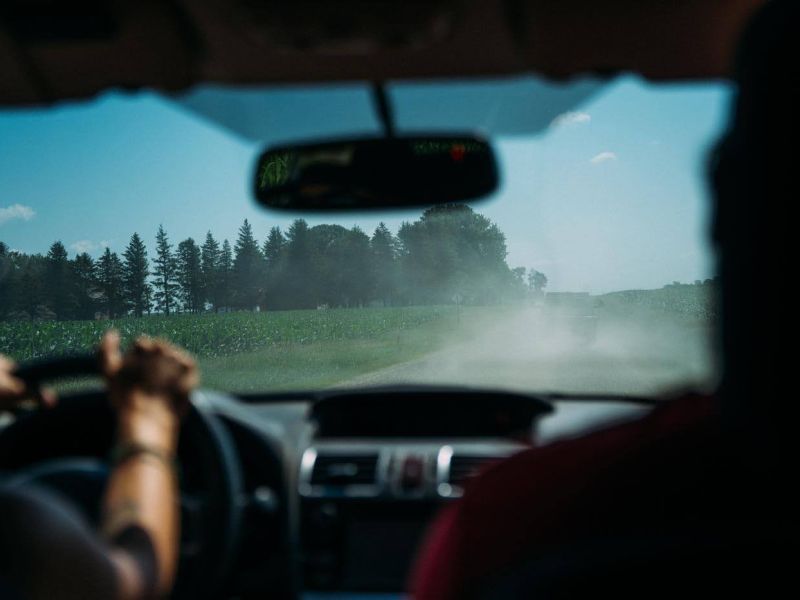
the Long Story
Mad Agriculture was born out of a frustration with the current paradigm for living within the Earth system. Today, the planet is a faint glimmer of what it wants to be, of what it can be. The bison are missing from the prairies, Native peoples have been massacred, the Chesapeake Bay and Gulf of Mexico are choking in agricultural runoff, the plains have turned to vast monocultures of grains, rainforests have been razed to the ground, and so much more. We ask you, what is the story of the peoples and creatures in the place that you care most deeply for?
In the restoration of the Earth, we will find the restoration of ourselves. This means asking big questions: What does the land or sea want to be? How do we heal our relationships with the land and each other? How do we see ourselves as belonging to the land, versus the land belonging to us? These questions have shaped Mad Agriculture in many ways. They invite us into the necessary and deep unraveling of the systems that perpetuate environmental degradation and injustice. They move us toward the wisdom of the traditions, worldviews, and practices that have guided Indigenous communities in the stewardship of land for centuries.
In our efforts to answer these questions, we focus on agriculture because how we grow food largely defines our relationship to Earth. Modern agriculture has progressively subverted the economy of nature, degrading planetary ecosystems and creating some of the largest challenges humanity has ever faced, including climate change and the loss of fertile soil. It has also dehumanized food through its commoditization, and detached us from the understanding of how food inescapably bonds us to the planet. No matter who you are or where you live, your body lives on because of farming.
Until any economy operates by the same good virtues and principles of the human economy—love, compassion, generosity, reciprocity, stewardship—we will fail to achieve the changes that we wish to see in the world. We need to fall in love again with the people and places that we depend upon, and develop a new story for rightful living within the earth system. The long arch of history bends toward justice and beauty. We want to be a part of that history, creating a world that our descendants will be proud of and thankful for.